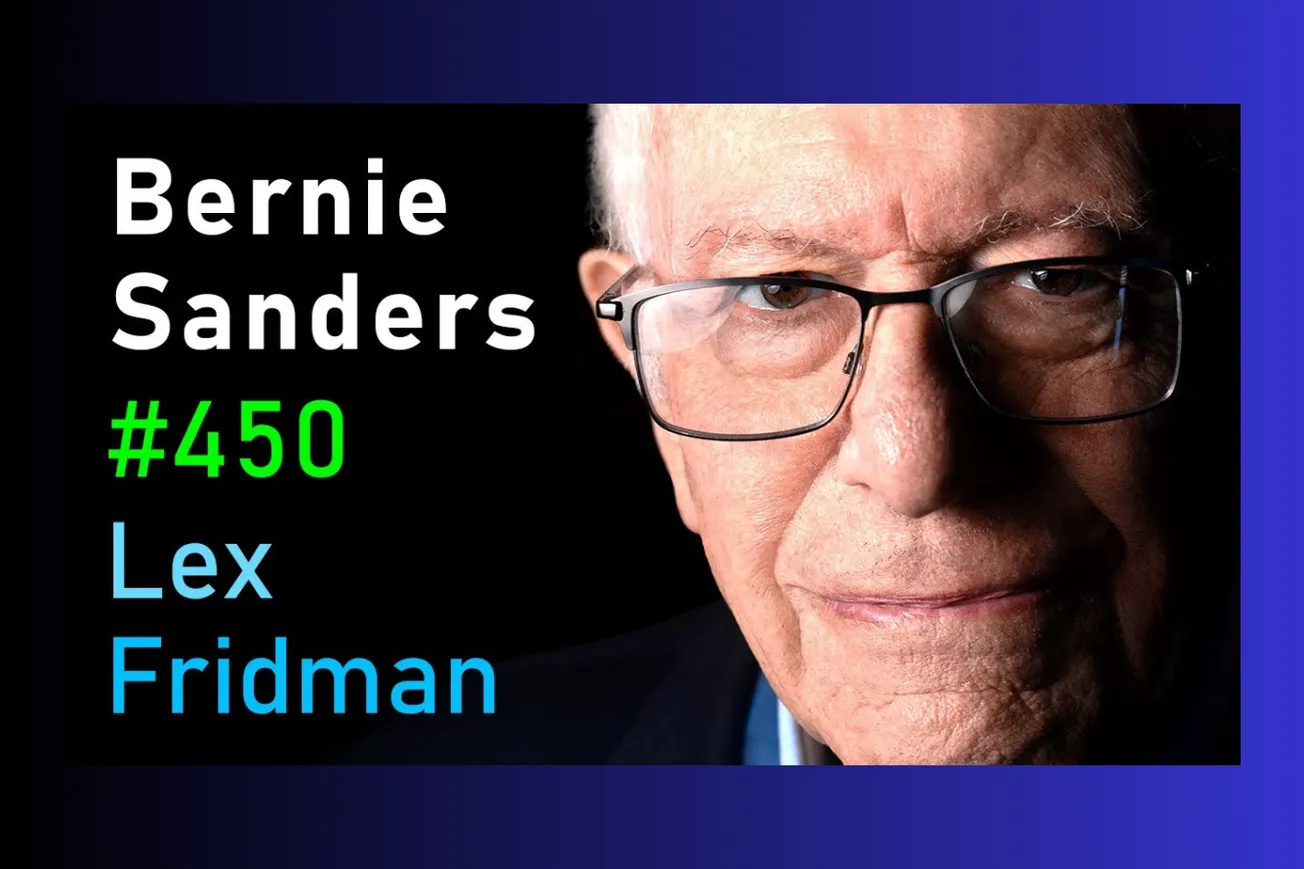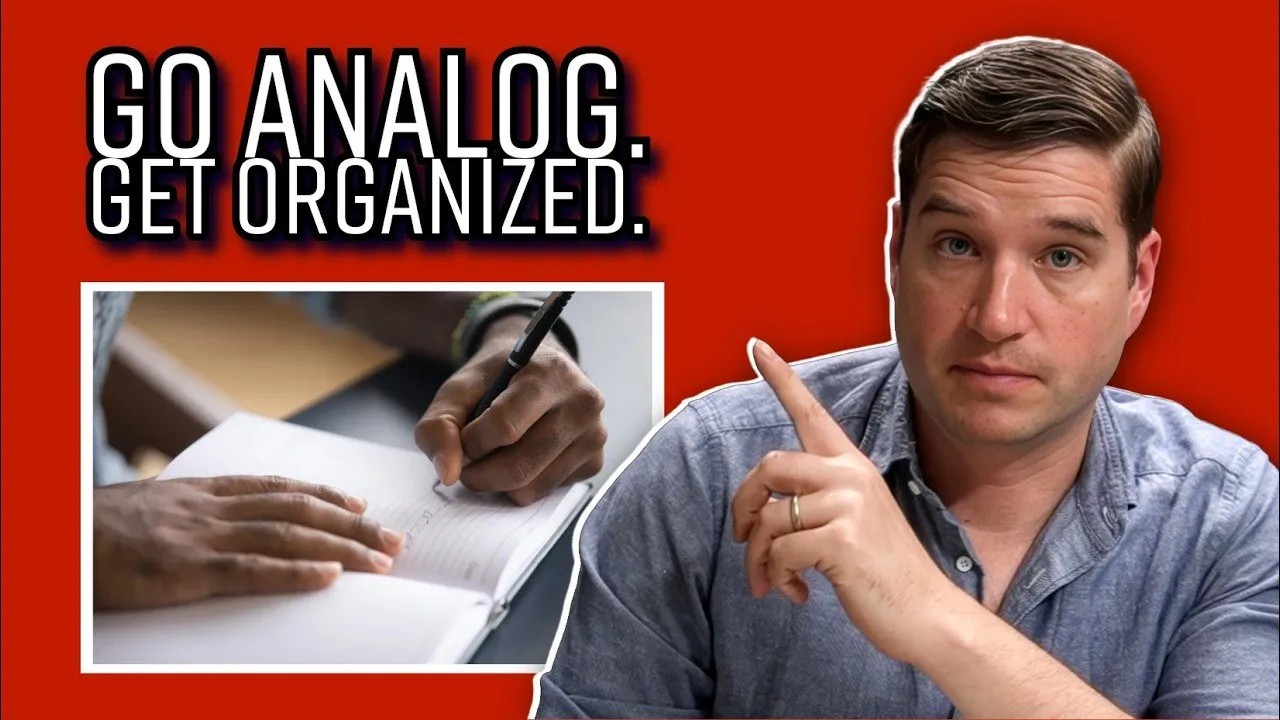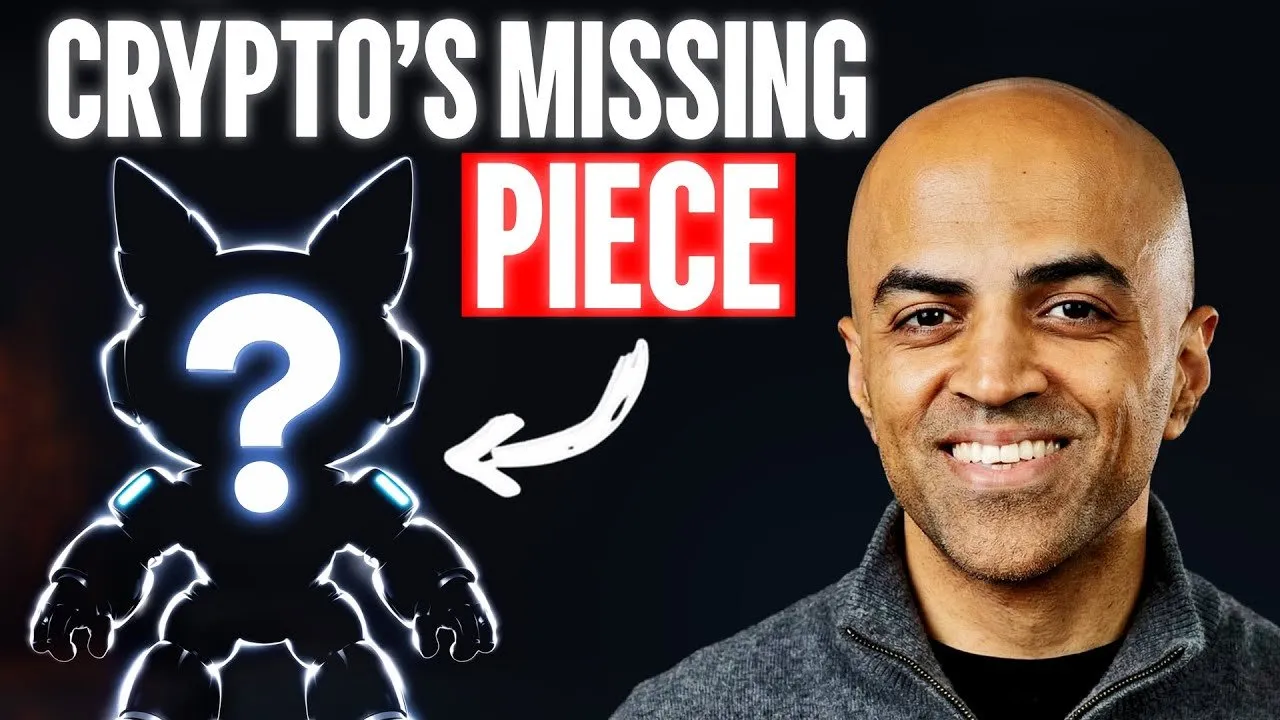Table of Contents
Bernie Sanders unpacks corruption, inequality, and the fight for justice in America—calling for a political revolution rooted in healthcare, wages, and dignity.
Key Takeaways
- Sanders views America's political and economic systems as dominated by an oligarchic elite wielding massive financial power.
- Medicare for All is not radical, he argues—it's standard in every other major country and could save money while improving care.
- The Citizens United ruling legalized billionaire dominance in elections; Sanders wants to replace it with publicly funded campaigns.
- Military and healthcare lobbies maintain the status quo through over 1,800 lobbyists in D.C. for drug companies alone.
- The cost of healthcare imposes not only financial hardship but psychological fear, leading many to avoid seeking care.
- He contends the Democratic Party must choose: serve corporate donors or the working class.
- Bernie believes his two presidential runs shifted the Overton window, legitimizing ideas like a $17 minimum wage and universal healthcare.
- He sees inspiration in grassroots change, pointing to historical movements for civil rights, labor, and LGBTQ+ justice.
- Sanders identifies the future of the Democratic Party with rising progressives like Alexandria Ocasio-Cortez.
- True democratic change, he insists, comes from organized, empowered citizens holding those in power accountable.
The Fight Against Oligarchy in American Politics
- Bernie Sanders paints a stark portrait of American democracy teetering under the weight of oligarchy—a system he argues mirrors Russia more than we’d like to admit. He describes a landscape where billionaires and multinational corporations dictate public policy through unchecked financial influence.
- In his view, the heart of the problem lies not in overt bribery but systemic dependence. Politicians, needing to raise tens of millions for campaigns, inevitably shape their worldview around donors' interests. As he puts it, "They are your financial support. They are your political base."
- He draws attention to the pharmaceutical industry as a case in point: with 1,800 lobbyists in Washington, they effectively outnumber lawmakers by a ratio of 3-to-1. These lobbyists include former Congressional leaders, ensuring insider access and influence.
- The military-industrial complex is equally insulated from oversight. Despite receiving over $1 trillion annually, the Pentagon remains the only federal agency that has never passed an independent audit—a breeding ground for inefficiency and corruption.
- Sanders argues that the system encourages complacency. Citizens are told, explicitly or implicitly: "This is just how things are. You have no power. Give up."
- He sees this resignation as the establishment's greatest weapon, and his campaigns sought to shatter that illusion by showing that insurgent, people-powered movements can compete—and win.
Healthcare as a Human Right, Not a Privilege
- Bernie Sanders makes a moral and economic case for Medicare for All. Healthcare, he argues, should not be a commodity for profit but a guaranteed right, like public education or fire protection.
- His plan builds upon existing Medicare, a program he acknowledges as imperfect but structurally sound. He would expand its scope to include dental, vision, and hearing—and eliminate out-of-pocket costs.
- The transition would occur over four to five years, gradually lowering the eligibility age from 65 to universal coverage. This phased approach, he believes, is both feasible and politically prudent.
- Sanders explains that while taxes would increase to fund the system, most Americans would see a net savings. Families paying $15,000 to $20,000 annually in premiums and deductibles might pay $12,000 more in taxes but save thousands overall.
- The current system, he emphasizes, creates perverse incentives: people delay care due to cost, only to end up hospitalized—a scenario that is not only tragic but economically absurd.
- He cites a chilling statistic: roughly 60,000 Americans die each year because they can't afford to see a doctor. One in four cancer patients go bankrupt. And the emotional toll—fear, anxiety, and hopelessness—cuts across economic lines.
Breaking the Grip of Big Money on Democracy
- Sanders views the Citizens United decision as a disastrous turning point in American history. By equating money with free speech, the Supreme Court gave billionaires legal cover to dominate elections through super PACs.
- He proposes a publicly funded campaign system: candidates would qualify by proving grassroots support, then receive matched public funds. Spending caps would prevent financial blowouts that drown out dissenting voices.
- This model exists in other democracies, from Norway to New Zealand. The U.S., Sanders argues, is the global outlier in allowing unlimited dark money to dictate political outcomes.
- He contrasts his campaigns—powered by millions of small-dollar donations—with those of opponents bankrolled by a handful of billionaires. This, he believes, gives him credibility on the issue.
- But he also acknowledges the uphill battle. Politicians benefiting from the current system are unlikely to voluntarily dismantle it. Real reform, therefore, must come from a popular uprising demanding systemic overhaul.
- He envisions a grassroots movement that pressures candidates at town halls, debates, and ballots: "Where do you stand on Citizens United? Will you vote to overturn it?"
A Progressive Blueprint: Popular, Not Radical
- Sanders pushes back hard against the "radical" label. His agenda, he insists, is mainstream: universal healthcare, a living wage, fair taxes. In most developed countries, these are settled issues.
- He challenges Americans to consider global norms. In Canada, no one fears a $6,000 emergency room bill. In Germany, college tuition is free. In Finland, parents enjoy generous paid leave. In the U.S., these basic dignities are exceptions.
- He believes the U.S. can embrace innovation without sacrificing social responsibility. His goal is not to eliminate capitalism, but to tame it—ensuring that wealth does not become synonymous with power.
- He points to the productivity paradox: over the past 50 years, American workers have become dramatically more productive, yet wages have stagnated. The result is a historic wealth transfer—50 trillion dollars—from the bottom 90% to the top 1%.
- Sanders sees this as neither inevitable nor sustainable. The working class, he says, deserves not just survival but prosperity.
- His campaign proposals are grounded in this belief. A $17 minimum wage. Tuition-free public college. Universal pre-K. These aren't giveaways, he says. They're investments in human potential.
Reckoning with the Democratic Party and the Establishment
- Sanders has a long, fraught relationship with the Democratic establishment. He recalls the 2016 primary, where leaked emails revealed DNC favoritism toward Hillary Clinton. Despite winning 23 states, he was sidelined.
- Rather than burn it all down, he chose to support Clinton—a decision he admits was painful but necessary to stop Trump. In 2020, he repeated this path with Biden, believing the stakes were too high for division.
- Yet Sanders also worked to reshape the party from within. He backed Keith Ellison for DNC Chair, only to see the establishment rally to defeat him by a slim margin.
- The central tension, he argues, is unresolved: will the Democratic Party serve its corporate donors or its working-class base?
- He credits Biden for delivering on some progressive policies, like the American Rescue Plan, which slashed child poverty and supported public health. But he warns that without systemic reform, these gains are fragile.
- His hope lies in a new generation of Democrats willing to challenge orthodoxy, reject corporate money, and fight unapologetically for justice.
The Role of Grassroots Movements and Future Leaders
- Sanders sees the future in faces like Alexandria Ocasio-Cortez, Ilhan Omar, and Pramila Jayapal. These leaders, he says, represent a break from the politics of triangulation.
- AOC, in particular, earns his praise. He recalls her early days: knocking doors with no money, no institutional support, taking down a powerful incumbent. She has, he says, both intellectual rigor and people skills—a rare combination.
- He emphasizes that progressives must build more than charisma. They need infrastructure: voter outreach, organizing, media platforms. The right has invested in this for decades. The left must catch up.
- He urges citizens not to wait for a savior. The key to change, he insists, is ordinary people getting involved—joining campaigns, attending meetings, challenging assumptions.
- Movements succeed when they make power feel possible. Sanders wants people to believe they can win—because history shows they can.
- From the civil rights movement to marriage equality, real change has always started from below. The same, he believes, will be true for healthcare, wages, and democracy itself.
On Money, Mortality, and Meaning
- Sanders addresses a frequent attack: that he owns three houses. He explains: one is his Vermont home, another is in D.C. for work, and the third is a modest lake cabin.
- His wealth came from bestselling books, not Wall Street ties. He earns a Senate salary, drives an old car, wears a solar-powered watch, and avoids extravagant vacations.
- What money has given him is peace of mind. He no longer worries about paying the electric bill or affording a hospital visit. That, he says, is the true value of financial security.
- He sees this not as indulgence, but as a baseline all Americans should enjoy. No one, he believes, should fear getting sick or choosing between rent and food.
- On aging, Sanders is candid. He's not afraid of death, but he dreads frailty. After a heart attack five years ago, he became acutely aware of the body's limits.
- Still, he remains energized. His mind is sharp. His passion is intact. And what sustains him, more than anything, is meeting people who believe in a better future.
"We showed that it's possible to win. And now, others are winning, too."
Bernie Sanders may never sit in the Oval Office. But he has already transformed American politics.





